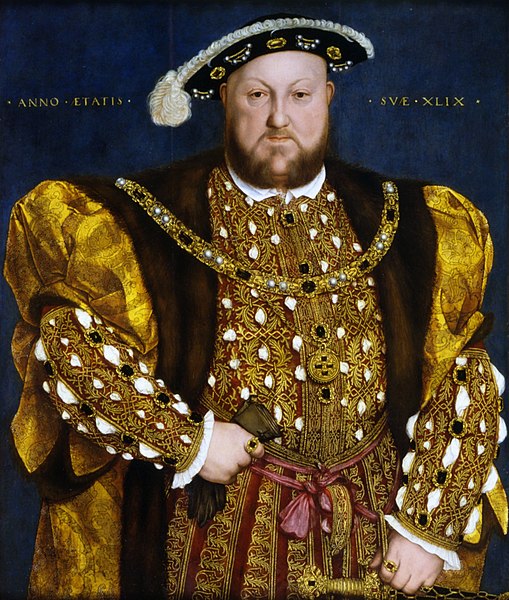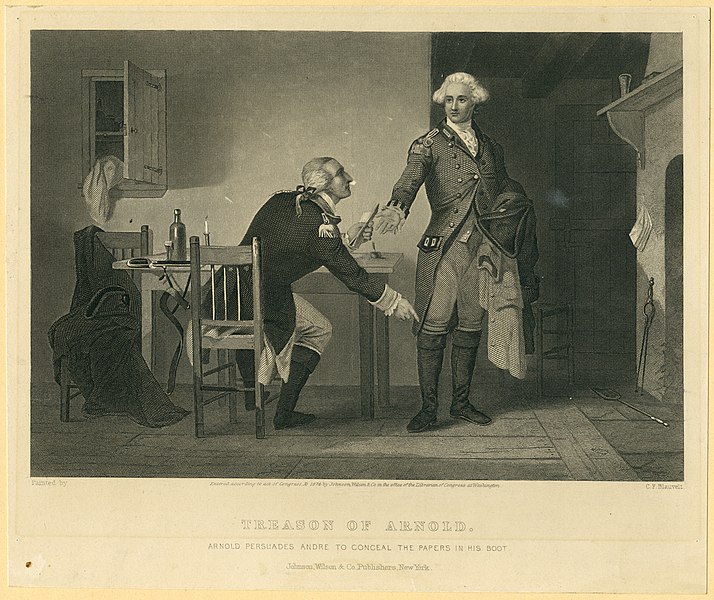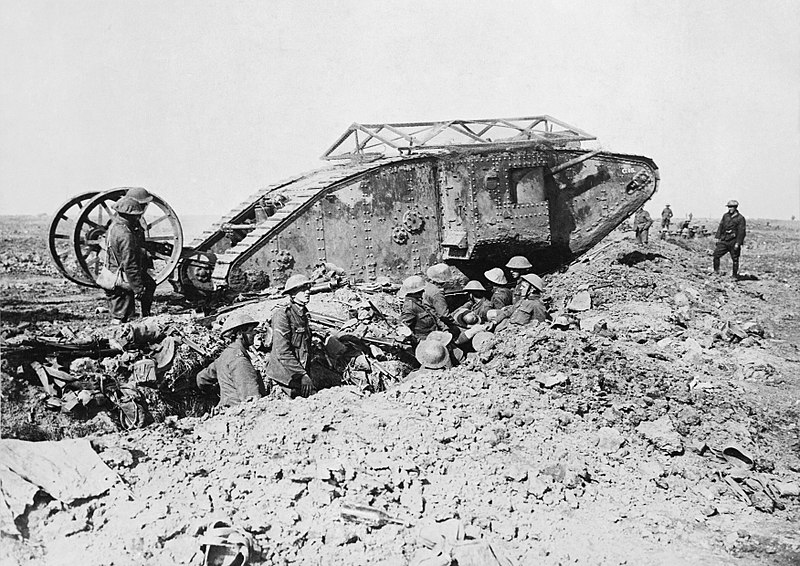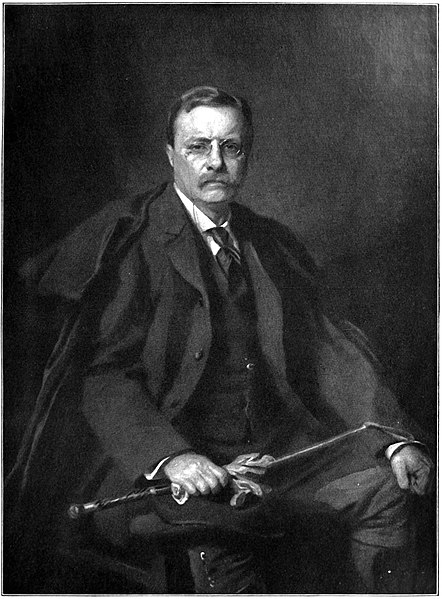This article explores a collection of significant historical events that occurred on January 5th. Spanning various centuries and encompassing diverse fields such as politics, arts, science, and social movements, these events provide a fascinating glimpse into moments that have shaped our world.
From pivotal battles that altered the course of nations to groundbreaking cultural and scientific achievements, each event reflects the dynamic tapestry of human history.
The exploration of these events not only highlights key historical figures and milestones but also offers insights into the societal and cultural shifts that have defined different eras.
Whether it’s the impact of key political decisions, revolutionary artistic expressions, or landmark scientific advancements, this journey through January 5th in history underscores the complexity and richness of our shared past
January 5th Events in History
1477: The Battle of Nancy, where Charles the Bold is defeated and killed, leading to Burgundy becoming part of France
The Battle of Nancy marked the conclusion of the Burgundian Wars and resulted in the death of Charles the Bold, Duke of Burgundy. His defeat and death in this battle played a crucial role in shifting the balance of power in Western Europe.
Also Read: January 4 – On this Day in History
The victory of René II, Duke of Lorraine, led to the integration of the Duchy of Burgundy into the Kingdom of France, significantly increasing French power at the time.

1531: Pope Clement VII forbids King Henry VIII from remarrying
In this historical event, Pope Clement VII made a significant decision impacting the course of English history. He forbade King Henry VIII from remarrying, a decision that eventually led to significant religious and political shifts in England.
This refusal contributed to Henry’s decision to establish the Church of England, separate from the authority of the Roman Catholic Church, and to his subsequent marriage to Anne Boleyn.
1675: The Battle of Colmar, where the French army defeats Brandenburg
The Battle of Colmar was part of the Franco-Dutch War, a conflict involving several major European powers including France, the Dutch Republic, England, and Sweden.
Also Read: January 6th Events in History
This battle signified a French victory over the forces of Brandenburg, underlining the military strength of France during the reign of King Louis XIV, known as the Sun King.
1757: Louis XV of France survives an assassination attempt
Louis XV of France survived an assassination attempt by Robert-François Damiens. This event is historically significant as it led to the last use of drawing and quartering as a form of execution in France.
The incident reflected the volatile and often violent nature of European politics in the 18th century, and Damiens’ brutal execution was indicative of the harsh justice system of the time.
1781: During the American Revolutionary War, Richmond, Virginia, is burned by British naval forces led by Benedict Arnold
This event during the American Revolutionary War saw Benedict Arnold, a former American general who defected to the British side, leading a raid that resulted in the burning of Richmond, Virginia.
Arnold’s actions in Virginia were part of a series of raids he conducted for the British after his defection, and his betrayal remains one of the most infamous in American history.

1822: The government of Central America votes for total annexation to the First Mexican Empire
This event marks a significant point in Central American history. In 1822, the government of the region known as Central America (comprising modern-day Costa Rica, El Salvador, Guatemala, Honduras, and Nicaragua) voted for annexation to the First Mexican Empire, which was then ruled by Agustín de Iturbide.
This decision was influenced by the political and social turbulence following the region’s independence from Spain in 1821. However, this union was short-lived as the First Mexican Empire fell in 1823, leading to the establishment of the Federal Republic of Central America.
1875: The Palais Garnier, one of the world’s most famous opera houses, is inaugurated in Paris
The Palais Garnier, one of the most famous opera houses in the world, was inaugurated on January 5, 1875, in Paris, France. Designed by Charles Garnier, the building is renowned for its architectural opulence and has been a symbol of the prominence of the arts in French culture.
It has been the location of many prestigious opera and ballet performances and is known for its elaborate interior, including the grand staircase and the Chagall-painted ceiling in the main auditorium.
1895: The Dreyfus affair: French army officer Alfred Dreyfus is stripped of his rank and sentenced to life imprisonment
The Dreyfus Affair was a significant political scandal that divided France in the late 19th and early 20th centuries.
On January 5, 1895, Alfred Dreyfus, a Jewish French army officer, was publicly stripped of his rank and sentenced to life imprisonment on Devil’s Island after being falsely convicted of passing military secrets to the German Embassy in Paris.
The event highlighted deep issues of anti-Semitism and injustice in France and had lasting impacts on French society and politics. It also led to public outcry and debates about injustice and the role of the military and judiciary in society.
1911: Kappa Alpha Psi, one of the world’s oldest and largest black fraternities, is founded
Kappa Alpha Psi, a historically black fraternity, was founded on January 5, 1911, at Indiana University Bloomington. The fraternity was established as a response to the racial prejudice faced by African Americans in colleges and universities at the time.
It aimed to provide support, fellowship, and academic excellence among its members. Kappa Alpha Psi has since grown into an influential organization, advocating for social change and community service.

1916: The first conscription bill is introduced in the British parliament
On January 5, 1916, the British Parliament introduced its first conscription bill, marking a significant change in British military policy during World War I. Prior to this, the British Army had relied on voluntary enlistment to fill its ranks.
However, the severe casualties in the early years of the war and the need for more soldiers led to the introduction of conscription, which required mandatory military service for eligible men.
This was a controversial and transformative step in British society, altering the traditional notion of voluntary service.
1920: The New York Yankees announce the purchase of Babe Ruth
On January 5, 1920, the New York Yankees made a historic move in baseball by purchasing Babe Ruth from the Boston Red Sox. This transfer marked one of the most famous deals in baseball history, as Babe Ruth was one of the most celebrated players of his time.
Ruth’s transfer to the Yankees not only changed the course of the team’s history, leading them to several World Series titles, but also had a profound impact on the popularity and commercialization of baseball.
1933: Construction begins on the Golden Gate Bridge in San Francisco
Construction of the Golden Gate Bridge began in San Francisco on January 5, 1933. Designed by engineer Joseph Strauss and architect Irving Morrow, the bridge became an iconic symbol of San Francisco and a marvel of modern engineering.
Its completion in 1937 represented a significant technical and artistic achievement, featuring a suspension bridge design with a longest span in the world at that time. The bridge’s distinct orange color and Art Deco styling make it a beloved landmark.
1949: President Truman delivers his Fair Deal speech
On January 5, 1949, U.S. President Harry S. Truman delivered his State of the Union address, in which he outlined a set of domestic policies known as the Fair Deal.
These policies were intended to continue and expand upon the social and economic reforms of the New Deal, introduced by his predecessor Franklin D. Roosevelt.
The Fair Deal included proposals for universal health insurance, federal aid to education, and civil rights legislation. While many of these proposals were not enacted, the speech reflected a significant moment in the evolution of American liberal policy.

1953: Samuel Beckett’s “Waiting for Godot” premieres in Paris
Samuel Beckett’s groundbreaking play “Waiting for Godot” premiered in Paris on January 5, 1953. This absurdist play, in which two characters wait for someone named Godot who never arrives, was a significant departure from traditional theater.
It explored themes of existentialism, the meaning of life, and the human condition, challenging audiences with its minimalist setting and unconventional narrative structure. The play’s influence on theater and literature has been profound, making it one of the most important works of the 20th century.
1968: The Prague Spring begins in Czechoslovakia
The Prague Spring was a period of political liberalization and reform in Czechoslovakia that began on January 5, 1968, when Alexander Dubček was elected First Secretary of the Communist Party of Czechoslovakia.
The movement sought to create “socialism with a human face” by implementing reforms to democratize the government and increase freedom of the press.
However, this period of liberalization was short-lived, as it was forcefully ended by the Soviet-led invasion of Czechoslovakia in August 1968.
1970: The bodies of a family killed by the United Mine Workers are found
This event refers to a grim chapter in labor union history. In 1970, the bodies of Joseph Yablonski, a union activist and his family, were found murdered in their home.
Yablonski had been a vocal critic of the United Mine Workers (UMW) union leadership and had unsuccessfully run for the presidency of the UMW.
The murders were later found to be connected to the UMW leadership, leading to significant repercussions within the labor movement and highlighting issues of corruption and violence in union politics.
1972: President Nixon launches the space shuttle program
On January 5, 1972, U.S. President Richard Nixon announced the development of the Space Shuttle program.
This program marked a new era in space exploration, as the space shuttle was designed to be a reusable spacecraft, significantly reducing the cost of access to space. The first space shuttle, Columbia, launched in 1981.
The Space Shuttle program became a cornerstone of NASA’s activities for over 30 years, contributing to numerous scientific discoveries and the construction of the International Space Station.

1973: American musician Bruce Springsteen releases his debut album, “Greetings from Asbury Park, N.J”
Bruce Springsteen, an influential American musician, released his debut album “Greetings from Asbury Park, N.J.” on January 5, 1973.
While not an immediate commercial success, the album was critically acclaimed and laid the foundation for Springsteen’s reputation as a masterful storyteller and a voice of the working class.
The album included tracks like “Blinded by the Light” and “Spirit in the Night,” showcasing Springsteen’s unique blend of rock, folk, and soul.
1975: Cambodian leader Pol Pot renames Cambodia
Pol Pot, the leader of the Khmer Rouge, officially renamed Cambodia to Democratic Kampuchea in 1975. This change marked the beginning of a brutal regime that sought to transform Cambodia into a rural, classless society, resulting in the mass genocide of its own people.
The policies of the Khmer Rouge under Pol Pot led to the deaths of an estimated 1.5 to 2 million people from starvation, forced labor, torture, and execution, making it one of the worst human tragedies of the 20th century.
1980: The Sugarhill Gang’s “Rapper’s Delight” becomes hip-hop’s first Top 40 hit
“Rapper’s Delight” by the Sugarhill Gang became the first hip-hop song to hit the Top 40 on the Billboard Hot 100 on January 5, 1980. This event was a significant milestone for hip-hop music, marking its entry into mainstream popular culture.
The song’s success helped establish hip-hop as a genre and paved the way for future artists. Its catchy beat and innovative use of rap set the foundation for the development of modern hip-hop music.
